Filter News
Area of Research
News Topics
- (-) Artificial Intelligence (26)
- (-) Bioenergy (22)
- (-) Grid (16)
- 3-D Printing/Advanced Manufacturing (20)
- Advanced Reactors (3)
- Big Data (10)
- Biology (29)
- Biomedical (7)
- Biotechnology (6)
- Buildings (14)
- Chemical Sciences (24)
- Clean Water (5)
- Climate Change (31)
- Composites (6)
- Computer Science (23)
- Coronavirus (4)
- Critical Materials (6)
- Cybersecurity (9)
- Decarbonization (30)
- Education (3)
- Emergency (1)
- Energy Storage (21)
- Environment (43)
- Exascale Computing (15)
- Fossil Energy (2)
- Frontier (19)
- Fusion (9)
- High-Performance Computing (33)
- Hydropower (3)
- Irradiation (2)
- Isotopes (11)
- Machine Learning (15)
- Materials (59)
- Materials Science (16)
- Mathematics (2)
- Mercury (2)
- Microelectronics (2)
- Microscopy (7)
- Molten Salt (1)
- Nanotechnology (7)
- National Security (21)
- Net Zero (5)
- Neutron Science (32)
- Nuclear Energy (21)
- Partnerships (24)
- Physics (14)
- Polymers (4)
- Quantum Computing (12)
- Quantum Science (9)
- Renewable Energy (2)
- Security (3)
- Simulation (29)
- Software (1)
- Space Exploration (4)
- Summit (9)
- Sustainable Energy (17)
- Transportation (18)
Media Contacts
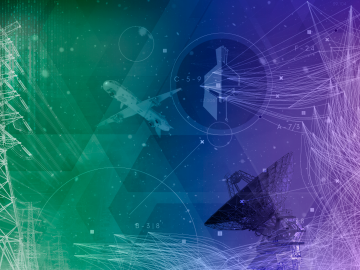
The Department of Energy’s Oak Ridge National Laboratory announced the establishment of the Center for AI Security Research, or CAISER, to address threats already present as governments and industries around the world adopt artificial intelligence and take advantage of the benefits it promises in data processing, operational efficiencies and decision-making.
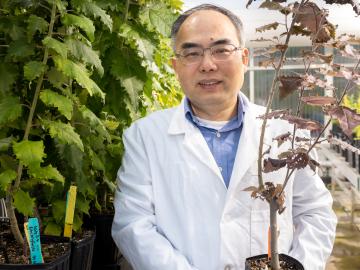
Scientist Xiaohan Yang’s research at the Department of Energy’s Oak Ridge National Laboratory focuses on transforming plants to make them better sources of renewable energy and carbon storage.
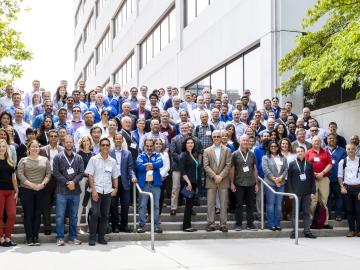
ORNL hosted its annual Smoky Mountains Computational Sciences and Engineering Conference in person for the first time since the COVID-19 pandemic.
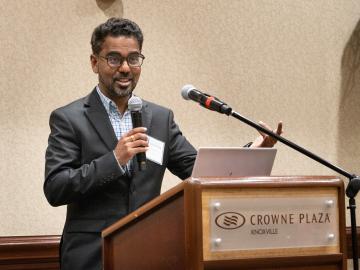
The Department of Energy’s Oak Ridge National Laboratory hosted its Smoky Mountains Computational Science and Engineering Conference for the first time in person since the COVID pandemic broke in 2020. The conference, which celebrated its 20th consecutive year, took place at the Crowne Plaza Hotel in downtown Knoxville, Tenn., in late August.
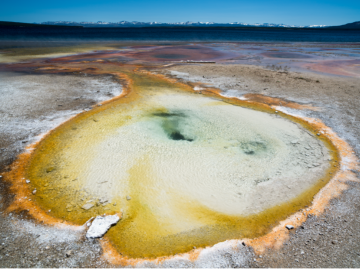
Oak Ridge National Laboratory scientists studied hot springs on different continents and found similarities in how some microbes adapted despite their geographic diversity.
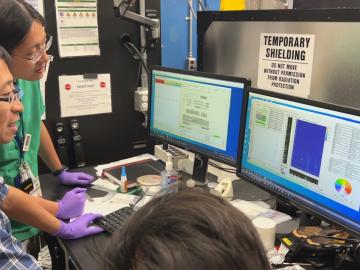
Neutron experiments can take days to complete, requiring researchers to work long shifts to monitor progress and make necessary adjustments. But thanks to advances in artificial intelligence and machine learning, experiments can now be done remotely and in half the time.
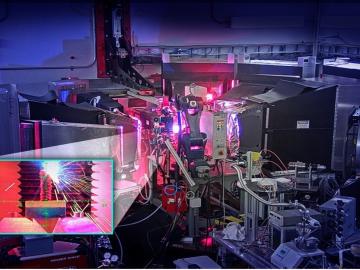
Technologies developed by researchers at ORNL have received six 2023 R&D 100 Awards.
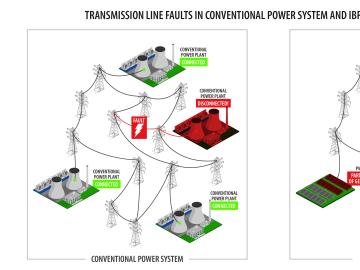
Researchers at the Department of Energy’s Oak Ridge National Laboratory are leading the way in understanding the effects of electrical faults in the modern U.S. power grid.
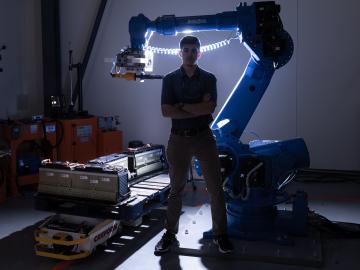
After being stabilized in an ambulance as he struggled to breathe, Jonathan Harter hit a low point. It was 2020, he was very sick with COVID-19, and his job as a lab technician at ORNL was ending along with his research funding.
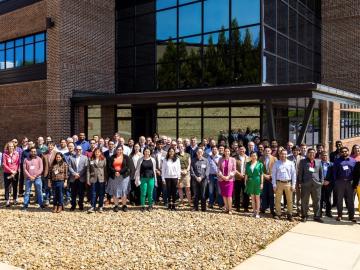
ORNL hosted its fourth Artificial Intelligence for Robust Engineering and Science, or AIRES, workshop from April 18-20. Over 100 attendees from government, academia and industry convened to identify research challenges and investment areas, carving the future of the discipline.




